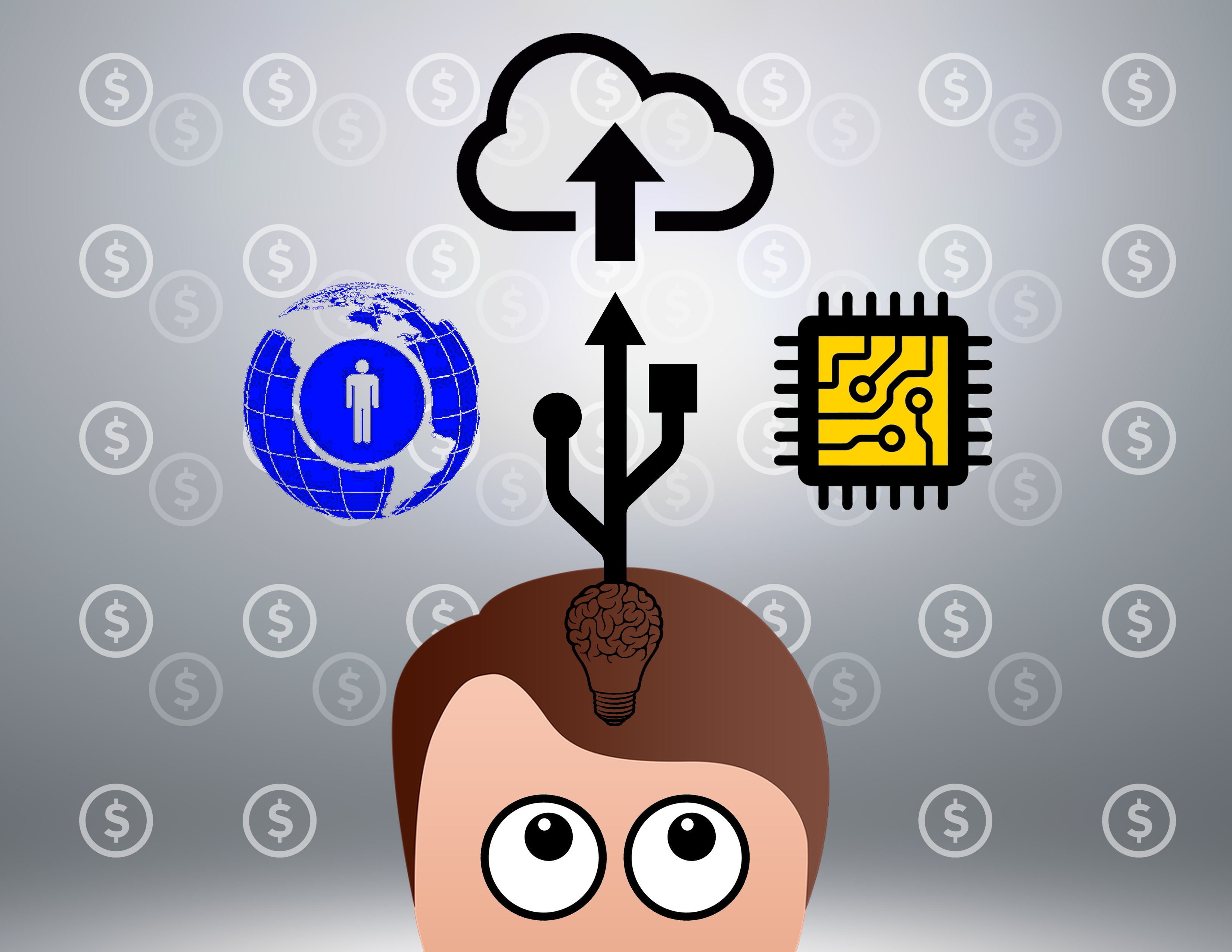Predictive Analytics, Customized Solutions, Response Modeling, Churn Analytics are some of the Benefits of Artificial Intelligence in Banking, Says Deltec Bank – Bahamas
Financial services are attempting to use Artificial intelligence (AI), machine learning, and predictive analytics to reshape the competitive landscape. Hoping to capitalize on the wealth of customer and product data they possess, institutions wish to gain greater market share and achieve new heights. A 2018 Forbes study found that 65% of senior financial managers expect positive changes from the use of AI in financial services. Here are some areas where these goals are being put into effect.
New Customer Acquisition
Banks can use automated segmentation to group leads by their interests and use predictive analytics models, such as response modeling and churn analysis, to determine which marketing content would be most relevant to each of these groups, allowing for a higher degree of personalization.
According to John Young of Hitachi Solutions, “thanks to predictive analytics in banking, sales teams can use machine learning algorithms to automatically evaluate prospects and prioritize leads based on their likelihood to take action, saving precious time and improving the accuracy of lead qualification.”

Customer Understanding
According to Deltec Bank, Bahamas, “Customers of today want their bank to understand their current needs as well as future wants, and goals. This happens by simultaneously presenting them with personalized products and services.” Customers also want their banks to advise and educate them but prefer making choices based on a variety of options. Finally, they want to be engaged in real-time, with predictive alerts and tailored communication.
All of these can be done by developing a customer profile. But according to Phillip Dudovicz of Hitachi Solutions, “Basic segmentation is a good entry customer segmentation strategy, but you need to take things a step further and work to understand your customers as individuals. It’s a challenge almost every financial institution faces, regardless of whether it specializes in consumer, commercial, or retail banking. Even organizations that excel at collecting really granular consumer data fail to leverage it as successfully as they could.”
Many businesses are falling short on delivering the correct message. A Kony research project found that “the most important customer experience outcome from the consumer’s perspective is investing to make their data more secure.” Kony found that 31% of businesses investing heavily in data security, while only 15% of their consumers perceive this to be the case. Their messaging needs to be improved. Marc Andrews, VP Watson Financial Services Solutions, IBM also found that “Banks that present more targeted solutions to their customers have seen significant improvement in response rates, which has resulted in increases in average deposit balances and reduced attrition.”
Customer churn can be predicted as well. In an article, Wayne State University researchers found that by analyzing a customer’s account activity and combining this information with internal branch and online data, as well as external social media data, it was possible to determine whether or not the customer will leave the bank. They found that certain combinations of signals such as no account activity is registered for a while, the customer does not visit the website nor go to the branch, and they follow other bank(s) on social media, etc. it was possible to predict with great accuracy when the customer will leave the bank.
Fraud Detection and Money Laundering
Fraud detection and prevention are two of the most important issues for banks at the moment and, for this reason, they are the first projects to have been addressed with data analytics and machine learning. Arthur Bachinskiy COO at Fintech solutions company Django Stars, says that “AI is especially effective at preventing credit card fraud. Fraud detection systems analyze clients’ behavior, location, and buying habits and trigger a security mechanism when something seems out of order and contradict the established spending pattern.”
Money Laundering is also prevented and investigated with AI. Bachinskiy added that “Machines recognize suspicious activity and help to cut the costs of investigating the alleged money-laundering schemes.” An Amazon AWS study found that the Anti Money Laundering(AML) investigative workload could be reduced by 20% using AI.
ATM Placements and Funding
A study in the data science journal found that two successful applications of data were to choose where to place ATMs, as well as deciding the optimized amount of cash to load into the machines for weekends. Using city area data looking at where a bank’s customers spend the most, as well as where they are withdrawing money from competitor’s ATMs The bank was able to best position the placement of new ATMs. Additionally, by analyzing the calendar, the ATM’s location, the weather conditions, and the city’s events, the researchers found, “it is possible to make an accurate calculation of the right amount to add to ATMs.”, preventing both overfunding as well as underfunding of the machines.
Conclusion
The correct application of AI in banking is paramount going forward The Kony study above found that, “despite nearly $5 trillion in overall (IT) investment, only 19% of consumers report any significant improvement in the experiences received. Is it a financial institution’s own responsibility to first deliver the products and services customers want, using the AI and analytics tools at their disposal, and then make sure that their customers see the improvements as personalized benefits. This way both sides win.
Disclaimer: The author of this text, Robin Trehan, has an undergraduate degree in Economics, Masters in international business and finance, and an MBA in electronic business. Trehan is Senior VP at Deltec International www.deltecbank.com. The views, thoughts, and opinions expressed in this text are solely the views of the author, and not necessarily reflecting the views of Deltec International Group, its subsidiaries, and/or employees.
About Deltec Bank
Headquartered in The Bahamas, Deltec is an independent financial services group that delivers bespoke solutions to meet clients’ unique needs. The Deltec group of companies includes Deltec Bank & Trust Limited, Deltec Fund Services Limited, and Deltec Investment Advisers Limited, Deltec Securities Ltd. and Long Cay Captive Management.
Media Contact
Company Name: Deltec International Group
Contact Person: Media Manager
Email: Send Email
Phone: 242 302 4100
Country: Bahamas
Website: https://www.deltecbank.com/



